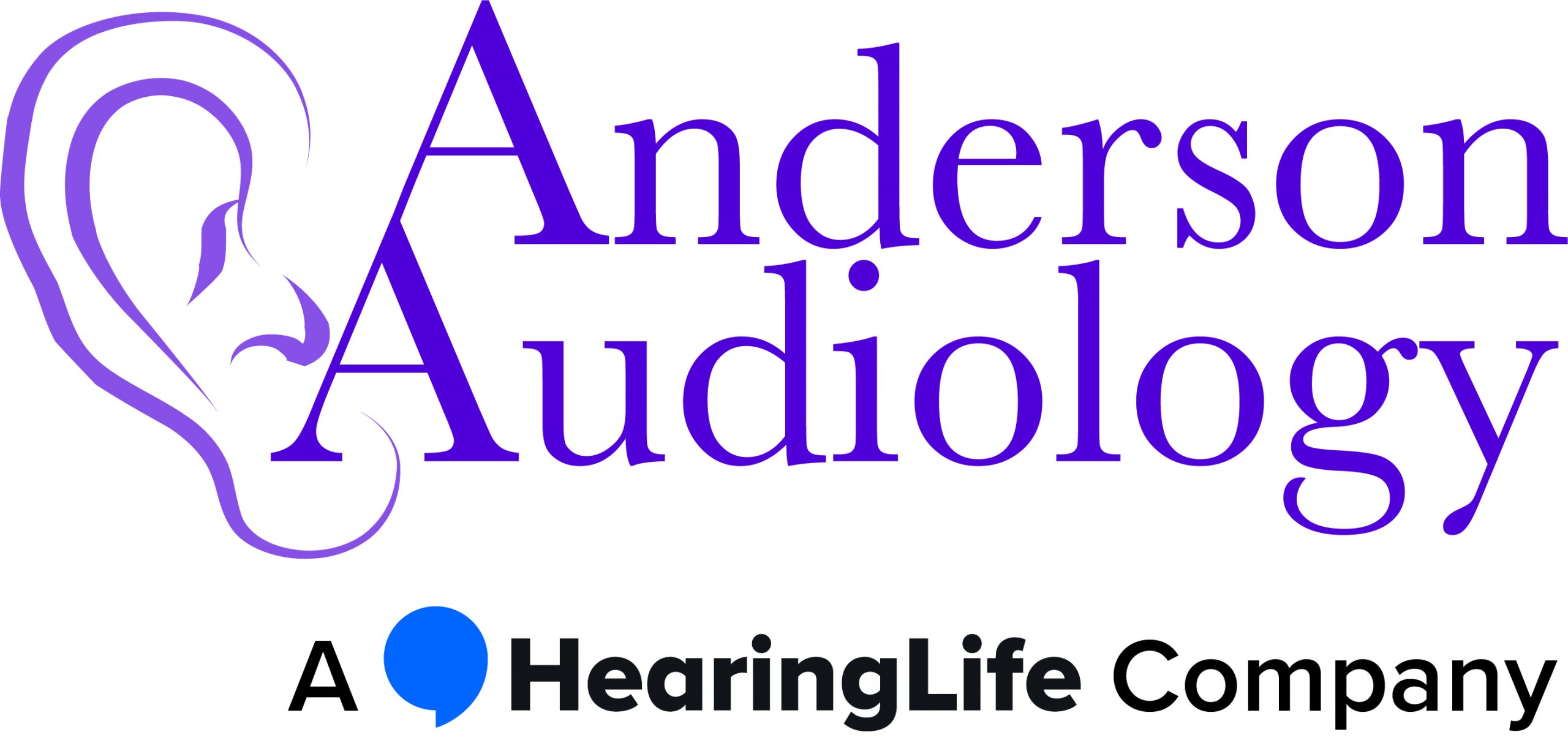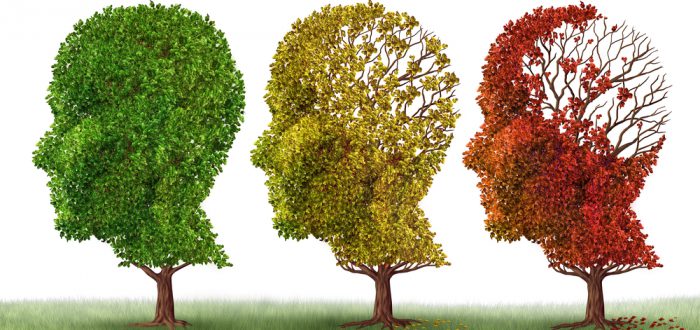June is celebrated as Alzheimer’s and Brain Awareness Month. This month, we’re looking at the connection between your hearing and your brain. Specifically, we’re asking: “Is hearing loss a sign of dementia?”
What is Dementia?
Dementia is a group of symptoms arising from the brain being damaged by disease. Symptoms are problems with memory, thinking, problem solving, language and perception. There are different types of dementia and 70% of cases are caused by Alzheimer’s disease. It’s currently estimated that 1 in 6 women and 1 in 10 men over the age of 55 will develop dementia.
The Brain Connection
The Hearing Loss Association of America state that ‘hearing loss may increase the risk of cognitive problems and even dementia.’
But that could also mean that if we are proactive in maintaining and protecting our hearing health that we could also be helping to maintain our cognitive processes longer.
In a 2011 John Hopkins study, 639 mentally sharp individuals had their cognitive health monitored for between 12 and 18 years. Results showed that the risk of developing dementia rises with the severity of hearing loss.
Bear in mind that it’s also more difficult to adjust to using a hearing aid once symptoms of dementia or cognitive decline have begun. This is why at Anderson Audiology we encourage you to seek professional advice ASAP if you have any hearing loss concerns for yourself or a loved one – no matter the age.
How Hearing Loss Could Lead to Dementia
These are potential ways that hearing loss could increase the risk of developing dementia.
- Social isolation tends to increase with hearing loss, and has long been accepted as a risk factor for dementia and cognitive decline. Perhaps due to the ‘use it or lose it’ theory. I.e. your brain is getting less opportunity to exercise its ability to filter out and process multiple sounds, so its capacity to do so declines.
- Brain structure could become altered due to a lack of stimulus, as seen in brain imaging studies of older adults with a hearing loss. They had less grey matter in the area of the brain which receives and processes sound from the ears. It seems brain cells shrink from lack of use and this could affect cognition. (It may be possible that hearing technology could be beneficial in recovery via assisting more information to be processed by these parts of the brain.)
- Extra ‘cognitive load may fatigue the brain. With untreated hearing loss, you often strain to hear things around you and are prone to frustration and stress from concentrating. These all cause avoidable excess energy drains on your brain, which in turn may reduce the amount of energy available to process memory function when it comes to sound. Over time, it’s possible that this leads to a reduction in brain resilience.
It makes sense to adopt a regular routine of hearing assessments and good daily practices to protect your hearing and general wellbeing. If you would like to discuss how we can help, please call 702-997-2964 or click here to book an appointment.

